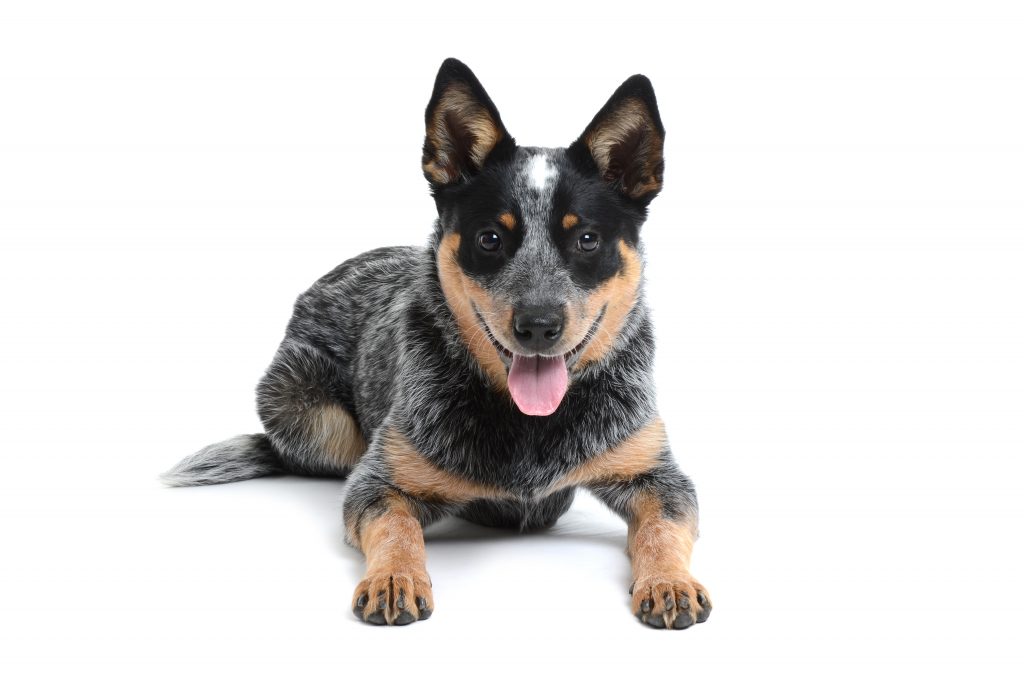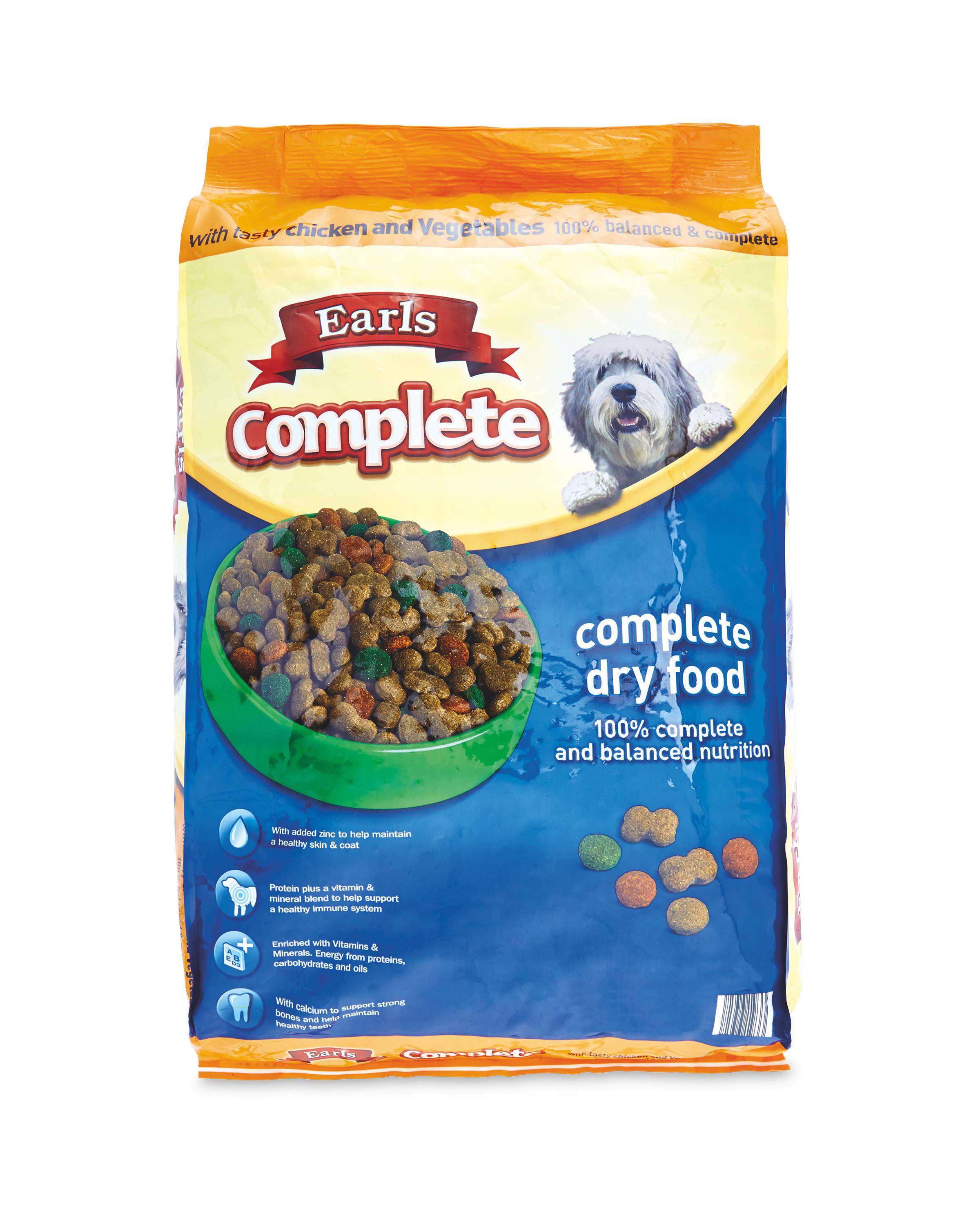
A Newfie is a large working dog that can be found in a variety of colors, from black to grey and white. The Dominion of Newfoundland was the first part of Canada's confederation. Before the confederation black Newfoundlands had been considered part of this breed.
Life span
The Newfoundland dog is a very large working dog. You can find them in many different colors such as black, grey and white. The Dominion of Newfoundland was an older organization that recognized black Newfoundlands as members of the breed. Today, however, the majority of Newfies can be found in white.
There are many health issues that can affect the Newfie. One of the most common health issues is luxating patella. This affects the knees. This condition is known as degenerative myelopathy. Slippery disk is another health problem that can affect the spine. This condition may cause loss of joint coordination, paralysis, or even complete paralysis.
Newfies can easily get overweight because they are large dogs. To keep its body mass low, the Newfie will need to exercise regularly. Newfies are susceptible to obesity which shortens their lives and stresses their internal organs.
Characteristics

Newfoundlands are large dogs that have distinct physical characteristics. They make an excellent family dog and can be a good companion for young children. These dogs are very sensitive to water. They were traditionally used as rescue dogs and service dogs aboard fishing boats. They are capable swimmers due to their partially webbed feet.
Newfoundlands are large but very easy-going despite their size. They also have great relationships with other animals and children. While they can be quite mellow, Newfoundlands are affectionate and loyal. They make great companions for families and children because of their calm disposition and willingness to accept affection.
The Newfoundland breed loves human contact. Although they are often quiet and lazy indoors. They also enjoy spending time outdoors. Their need to exercise is higher than for other breeds. Newfies should have their own yard.
Health conditions
Newfies can be susceptible to many health issues. These may include digestive disorders and allergies, heart disease or cancer, as well as allergies and heart disease. These problems often require medical care to treat. The life expectancy of a Newfie can be reduced by just a few years if detected early.
CVI (cervical vertebral instability) is a health problem that can be common in this breed. When the cervical vertebrae are misaligned and press on the spinal cord, this condition is known as cervical vertebral instability (CVI). It can result in weakness and lack of coordination in the hindquarters. The condition can sometimes lead to paralysis. CVI can often be treated with medications or surgery if it is caught early enough.

As a large breed, Newfoundlands are prone to various health problems. These problems can be inherited. However, there are also external causes. Newfoundlands can be susceptible to bloat, which can be fatal. They may also suffer from cataracts, eyelid abnormalities, or Cushing's disease. In addition, they are also susceptible to various allergies. Some allergies can lead bacterial infections and others to skin conditions that can be painful. Newfies might also experience epilepsy.
Grooming
Grooming your Newfie is a big part of maintaining your dog's appearance. With their thick undercoat, Newfies need regular grooming to prevent matted fur. Puppy's need to be groomed regularly as their fur can easily become matted under their chins and behind their ears.
You'll need some grooming tools to take care of your Newfie. A set of quality tools can be worth the cost of a professional grooming session. After giving your dog a bath, make sure you give it a good shave. Next, brush your dog's coat to remove any hair. You should not rub too much fur dry. Instead use towels or a hair dryer without heat. Once the coat is dry, place your dog on a grooming table and begin.
Here are some tips for Newfie groomers if this is your first time. Grooming your Newfie should not be a chore. You can ensure your dog has a beautiful, healthy coat by following a gentle and consistent routine.
FAQ
What should I do before buying an exotic animal?
You need to be careful before you decide to buy an exotic pet. First, decide if you intend to keep the pet as a pet or sell it. If you're keeping it as a pet, then make sure you have enough space for it. Also, it is important to calculate how much time you will spend caring for the animal. Although it takes time to care and love an animal, it is well worth the effort.
If you plan to sell the animal, then you need to find someone who wants to buy it from you. It is important that anyone who purchases your animal understands how animals are cared for. It is important to not overfeed your animal. This could lead later to health problems.
It is important to research everything about exotic pets before purchasing them. There are many websites that can give information about different species of pets. Be wary of scams.
What should you do if your dog bites someone else?
You should first check that the animal you are being attacked is not rabid. If this is impossible, you can call for help. Do not attempt to handle the situation yourself, as you could become seriously injured.
If the animal does bite but is not aggressive, you should take it to the veterinary clinic. Your vet will inspect it and determine if further treatment is necessary.
In most cases, rabies shots are required. These shots should not be administered by you. Only a qualified person should administer these.
What are the responsibilities that pet owners have?
An owner of a pet must love their pet unconditionally. They should also provide for their basic needs such as food, water, shelter, etc.
They must teach them proper behavior. Pet owners should not neglect their pet.
He should also be responsible enough and able to take care of it.
What are the symptoms of a sick dog?
Many symptoms can indicate that your dog may be sick. Symptoms include:
-
Vomiting
-
Diarrhea
-
Lethargy
-
Fever
-
Weight loss
-
Reduction in appetite
-
Coughing
-
Difficulty breathing
-
Bleeding from the nose
-
Urine or stool contaminated with blood
These are just some examples. Your vet will be able to tell you what to watch out for.
What should you consider when getting a pet?
It is important to decide what kind of lifestyle and activities you would like for your family. Do you have children? What number do you have? Are they still young? Are there any special dietary requirements?
Are you allergic to anything? Is there any additional information you need about your pet?
Now, you can think about whether you are looking to find an active companion, quiet lap dog or house-trained cat. Or perhaps a fish tank filled with tropical fish.
If you are thinking about adopting a puppy, be sure to go to a shelter or rescue group to get to know them.
It is also important to check if the animal was vaccinated against other diseases and rabies.
The owner should also be asked if the animal will be taken care of while you're away. You won't need to worry about your pet being left at home.
Remember that pets are part your family. If you don't like them, you shouldn’t adopt them.
Statistics
- Pet insurance helps pay for your pet's medical care, with many policies covering up to 90 percent of your vet bills. (money.com)
- It's among a relatively few companies that provide policies with a full (100%) coverage option, meaning you are not responsible for any co-payment of bills. (money.com)
- It is estimated that the average cost per year of owning a cat or dog is about $1,000. (sspca.org)
- In fact, according to ASPCA, first-year expenses can sum up to nearly $2,000. (petplay.com)
- A 5% affiliation discount may apply to individuals who belong to select military, law enforcement, and service animal training organizations that have a relationship with Nationwide. (usnews.com)
External Links
How To
How do you choose the right name for your pet?
Choosing a name for your pet is one of the most important decisions you'll make when adopting a new animal into your home. Names should reflect the personality and character of your pet.
You need to think about how others may refer to you. And finally, you should think about how you yourself would like to be referred to. For instance, do you prefer "dog" or "pet"?
Here are some tips to help you get started:
-
Choose a name that is appropriate for your dog's breed. If you're familiar with the breed (e.g. Labradoodle), search for names associated with it. Ask someone who is knowledgeable about dogs to suggest names based on that breed.
-
The meaning behind the name is important. Some breeds are named for people or places, others are nicknames. A Labrador Retriever, for example, was given the name "Rover" as he was always running around.
-
How would you like to be called? Do you prefer to be called "dog?" or "pet?" Are you more likely to call your dog "Puppy" than "Buddy?"
-
Include the first name of the owner. It's sensible to give your dog an owner's name. But, don't limit yourself by limiting your family's names. Your dog could become part of your family as well!
-
Keep in mind that many pets have multiple names. A cat, for instance, could go by different names depending upon where she lives. She could be known as "Kitty Cat" at home but "Molly" while visiting her friends. This is especially true for cats that live outside. Cats often choose to adopt their name according to their surroundings.
-
Be creative There is no rule that says you must follow a particular naming convention. Make sure you choose something memorable and unique.
-
Check to make sure your chosen name hasn't been used by someone else or a group. That way, you won't accidentally steal someone else's identity!
-
It is not easy to choose a name for your pet. Sometimes it takes time before you can determine if the name is right. Keep trying until you find the right name!